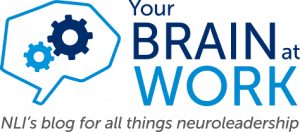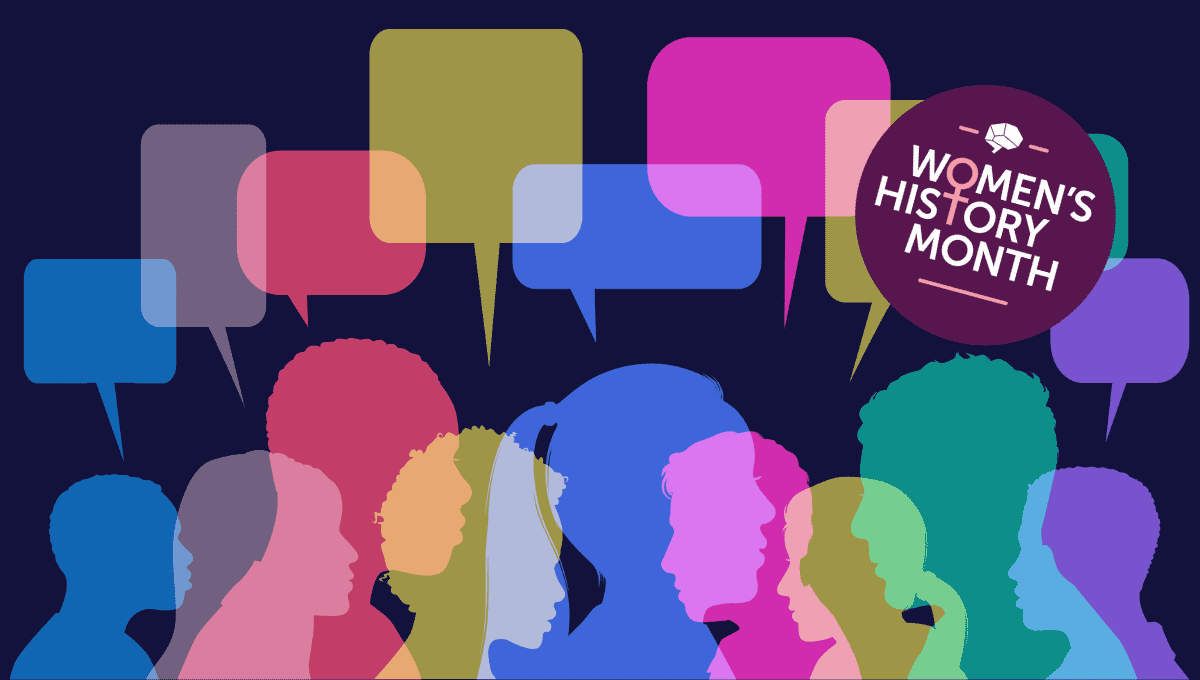By Chris Weller and David Rock According to Gallup, organizations could realize an extra 18% in profit and 14% in productivity by doubling the proportion of employees who feel that...
Read More →

FEATURED INSIGHT
By Chris Weller and David Rock According to Gallup, organizations could realize an extra 18% in profit and 14% in productivity by doubling the proportion of employees who feel that...
Read More →
Why times of upheaval are the perfect time to change behavior and build new habits.

Why organizational efforts to belong have failed, and how companies can reframe the idea of belonging.

What’s happening in the news is causing conflict in unrelated places, like the office. Here’s what you need to know about the contagion effect, and how to put a lid on the flames of conflict.

In honor of Women’s History Month, we asked the question “How would work be different if no one knew your gender?” Here are highlights from the responses we received.

Is the 4-day work week the cure for burnout? Here’s what the research says.

Join millions of employees in creating culture change at scale by reaching out today.

In 2007, David and Lisa Rock and their team had been working in leadership development and executive coaching for ten years, when David coined the term “NeuroLeadership.”ef

North America
Africa
South America
Asia
Europe
Australia
© NeuroLeadership Institute 2025. All Rights Reserved
This site uses cookies to provide you with a personalized browsing experience. By using this site you agree to our use of cookies as explained in our Privacy Policy. Please read our Privacy Policy for more information.